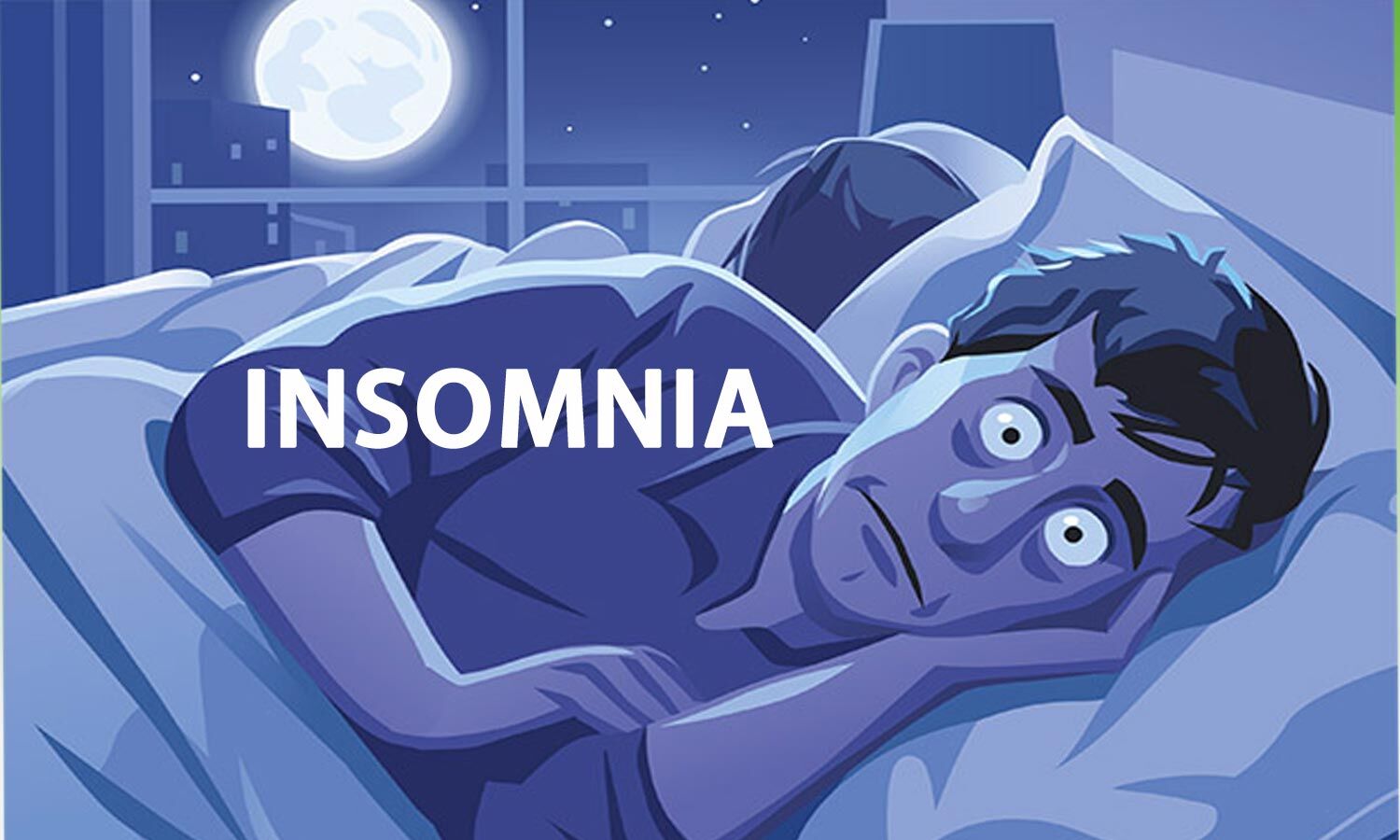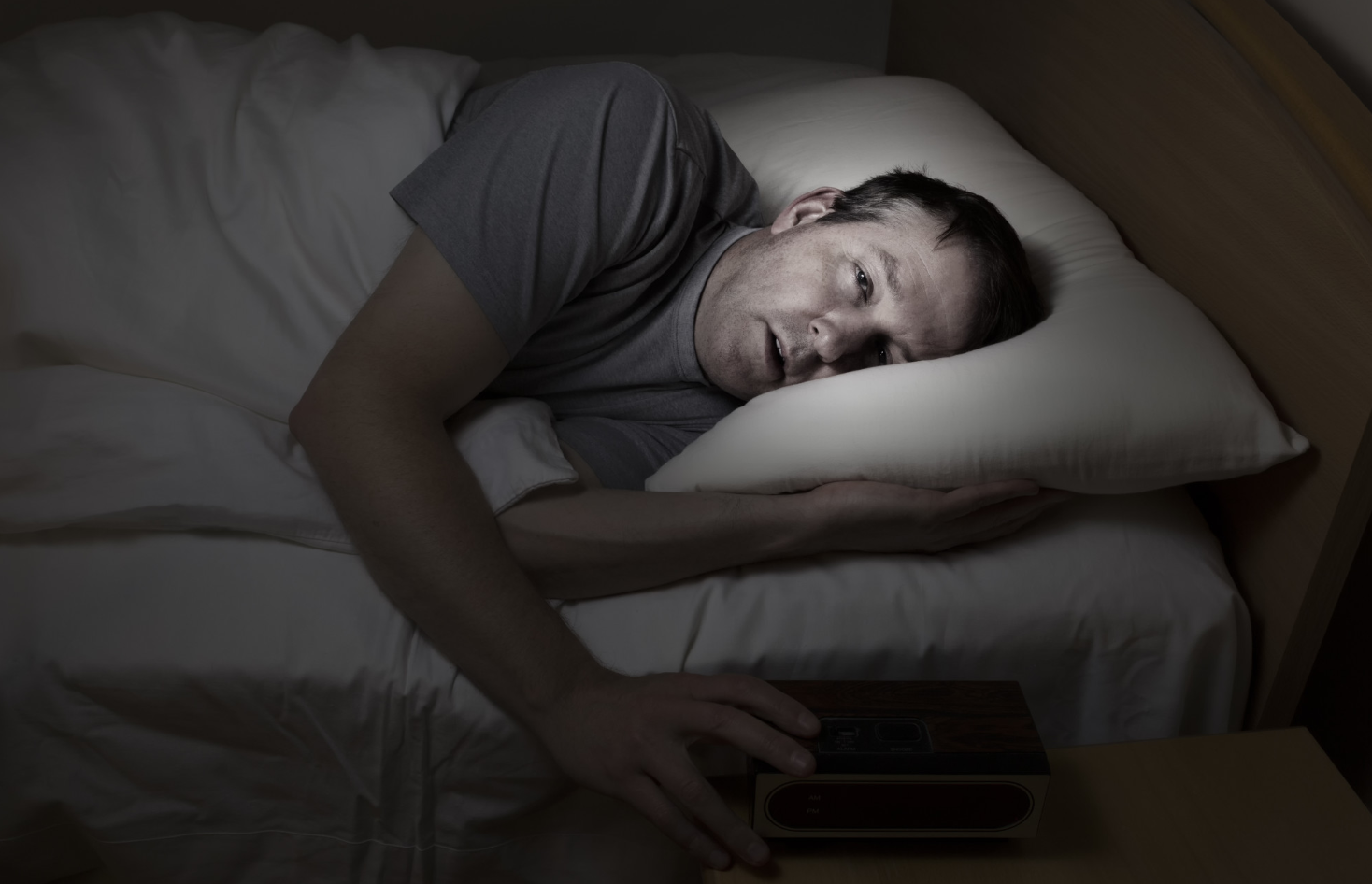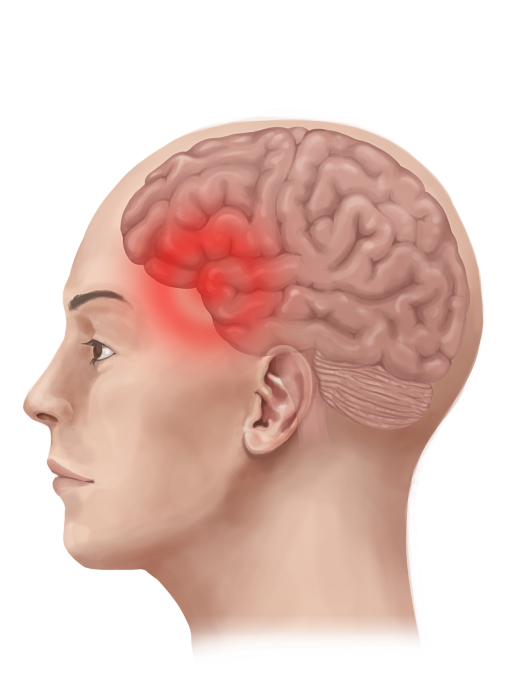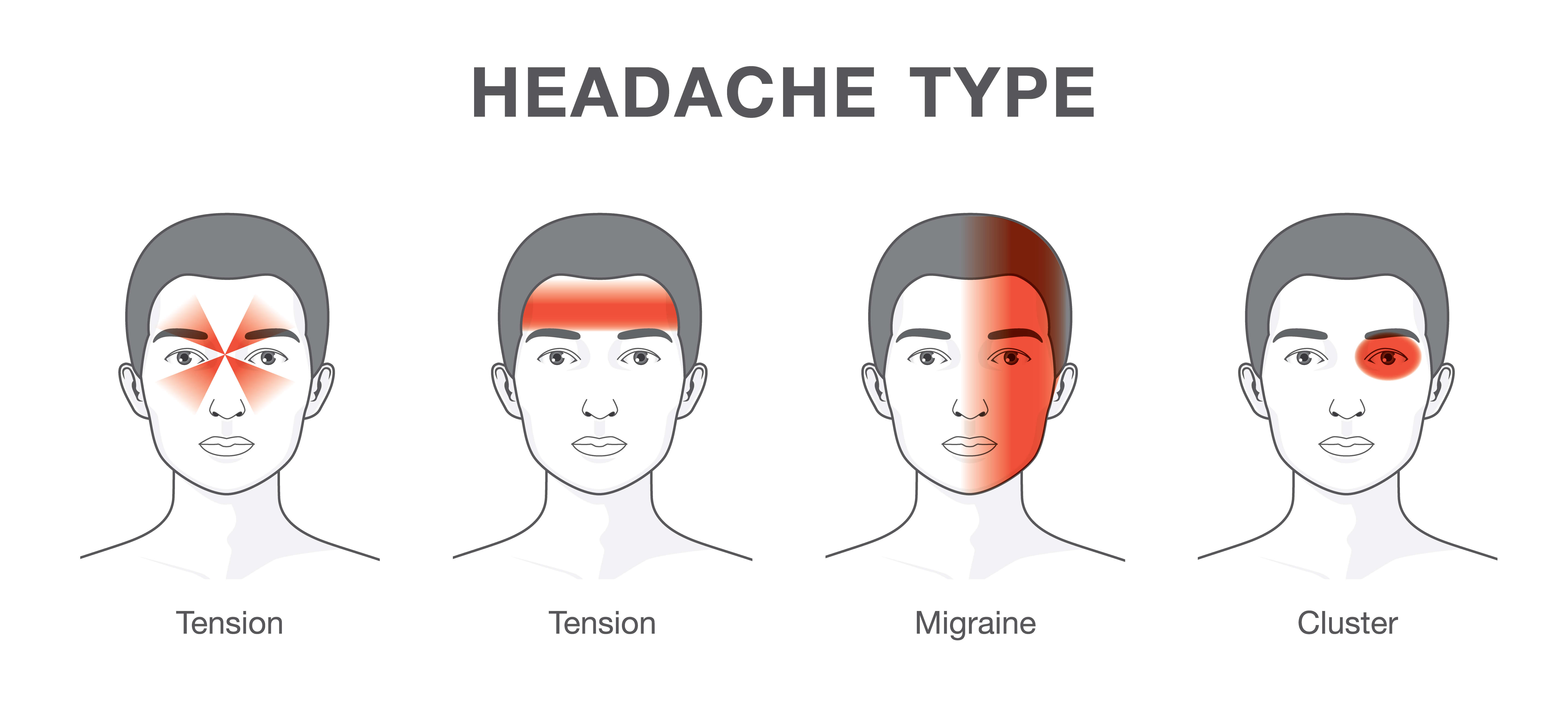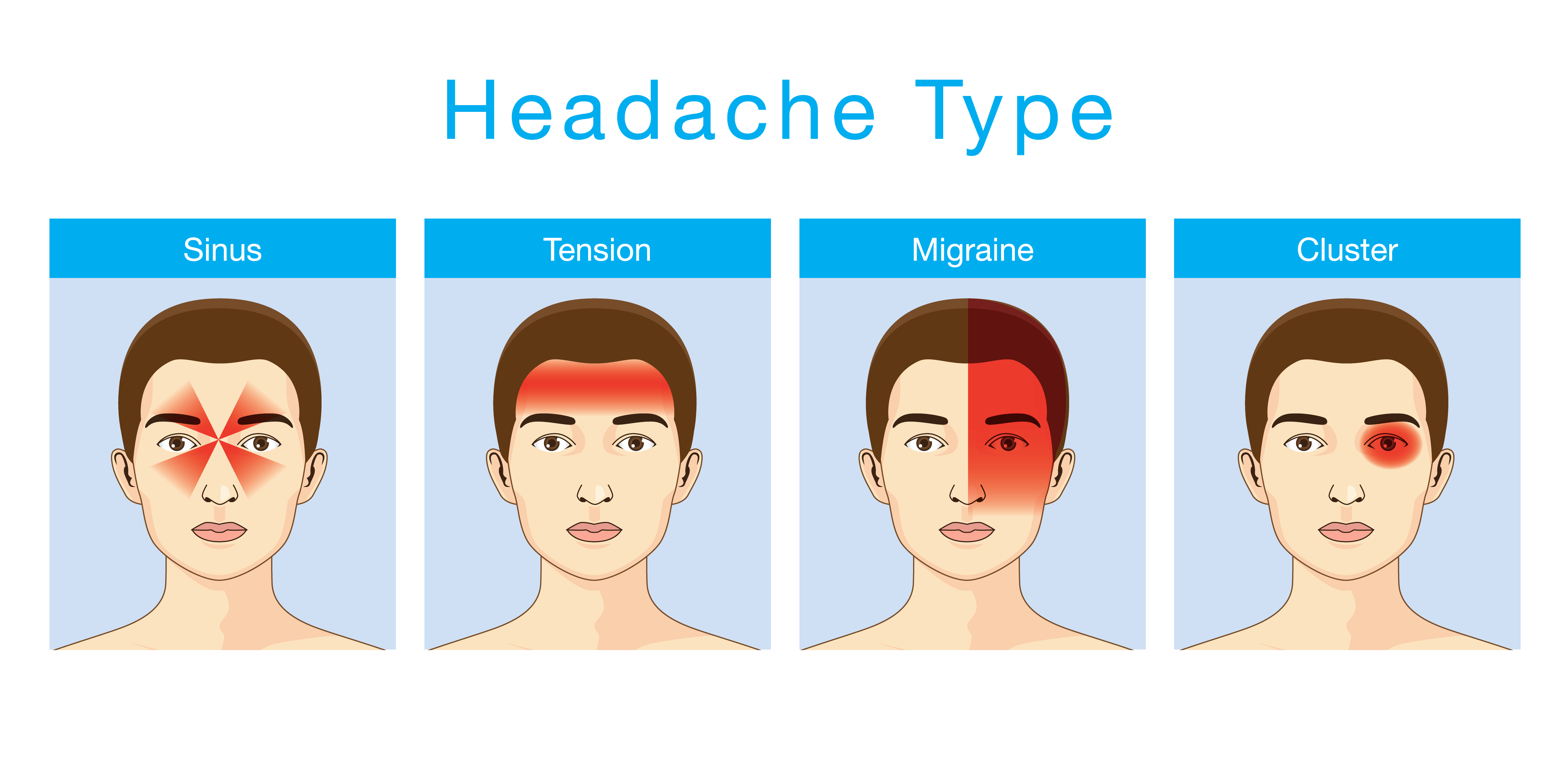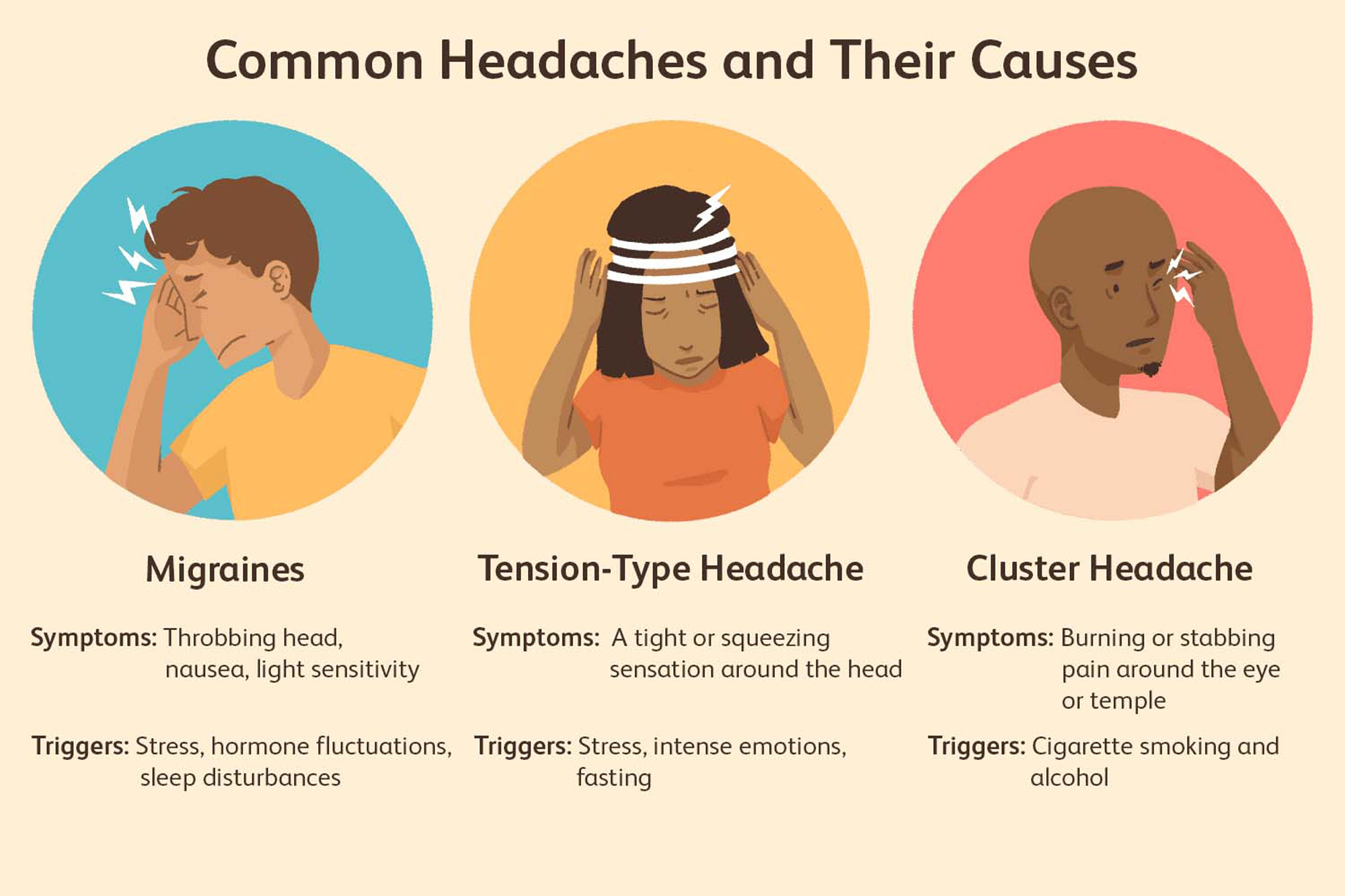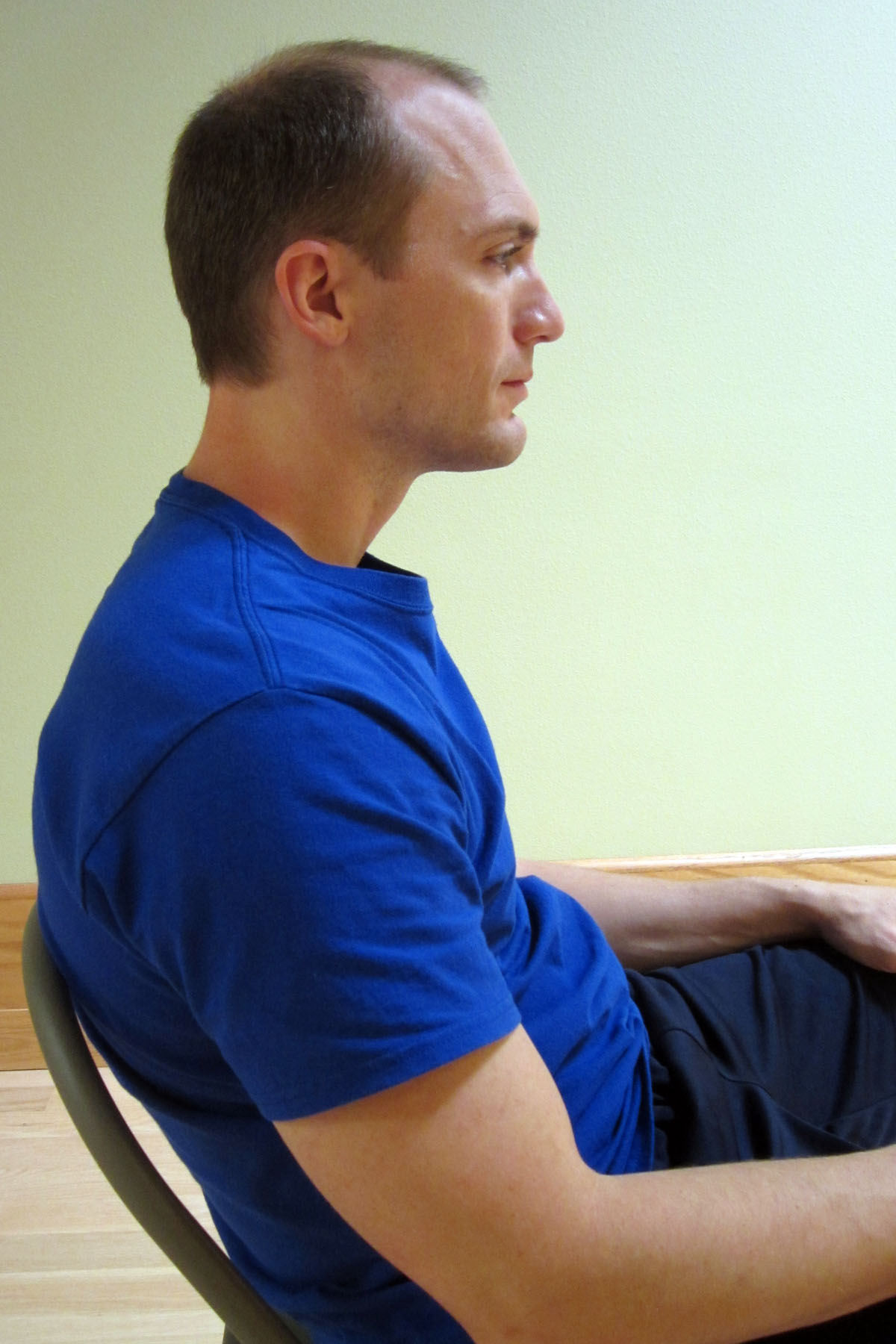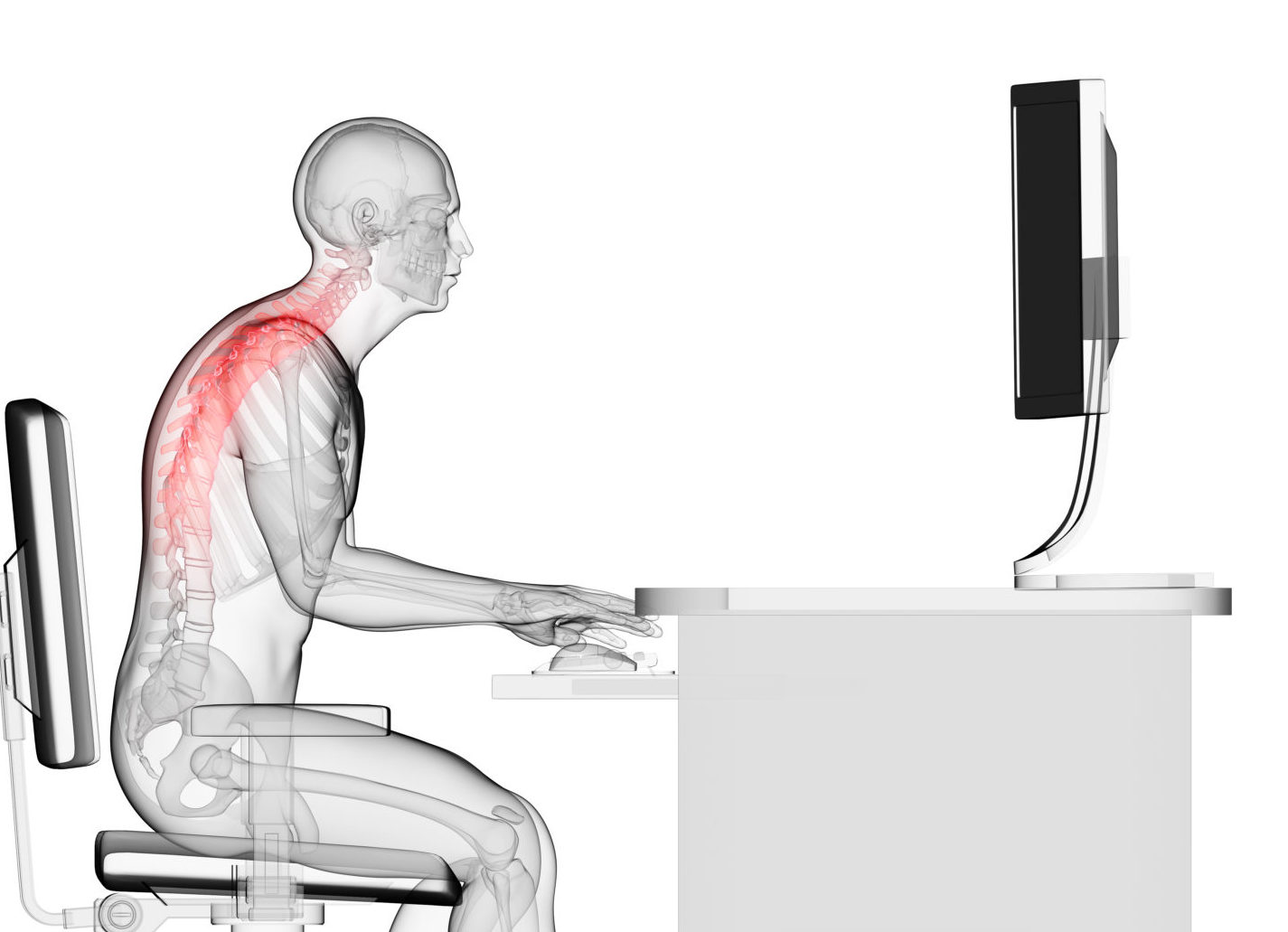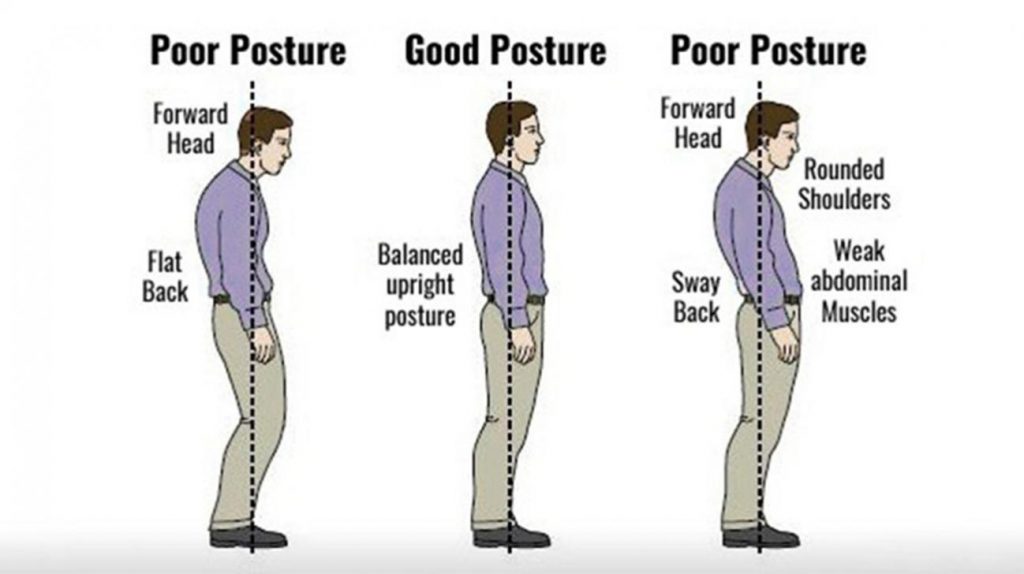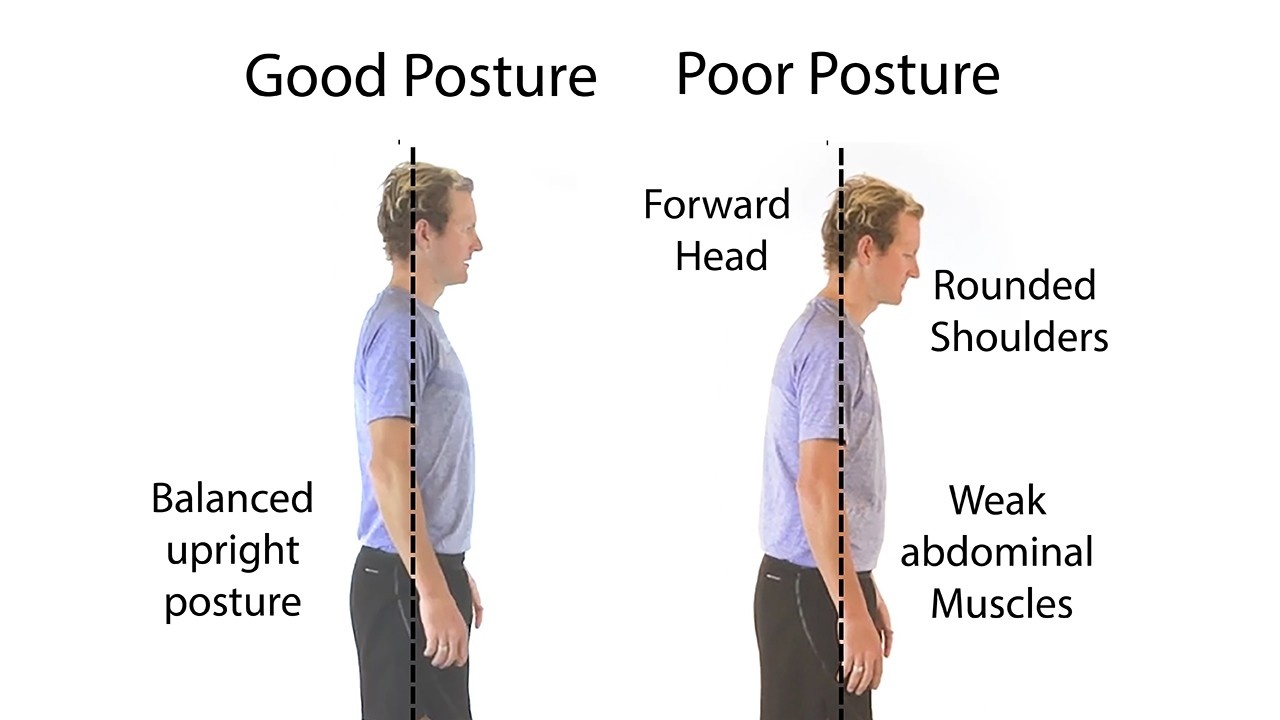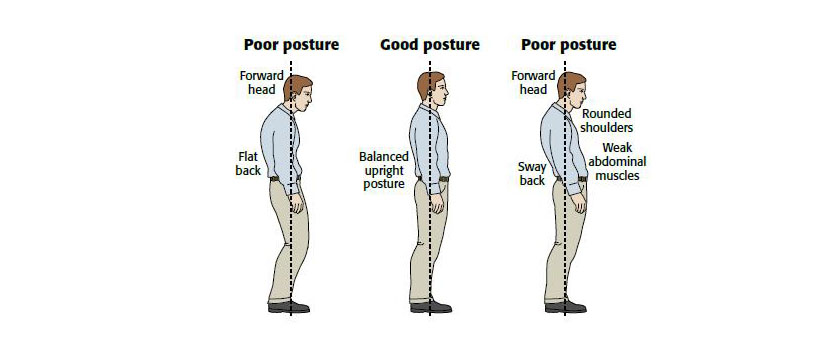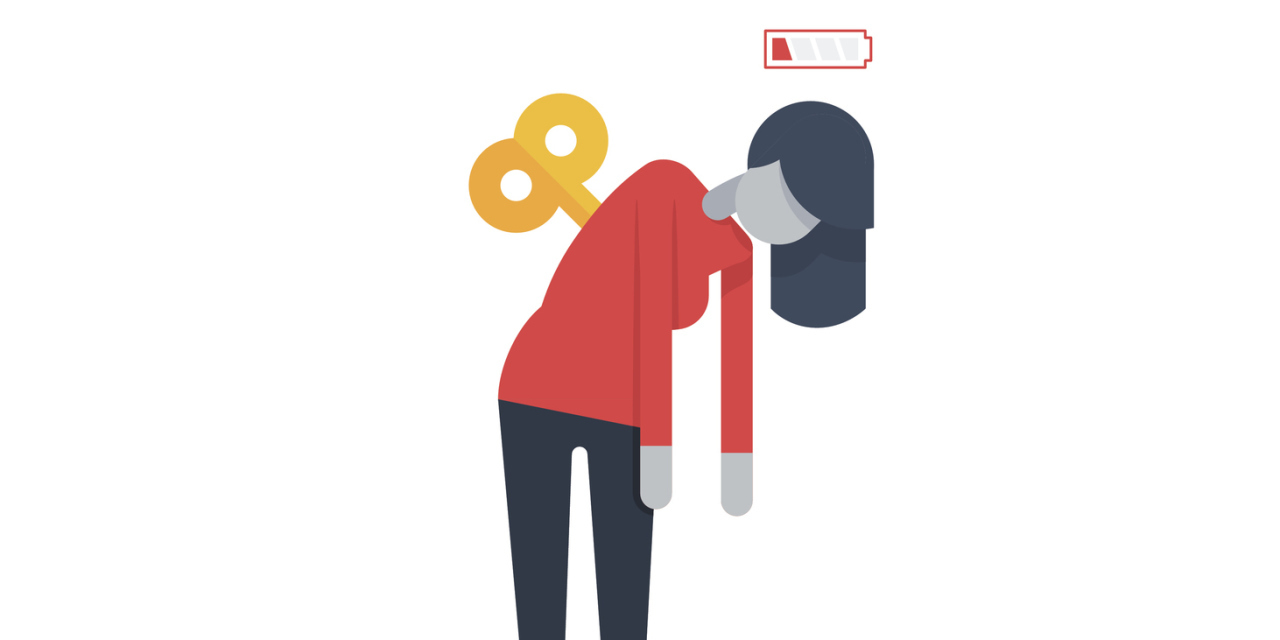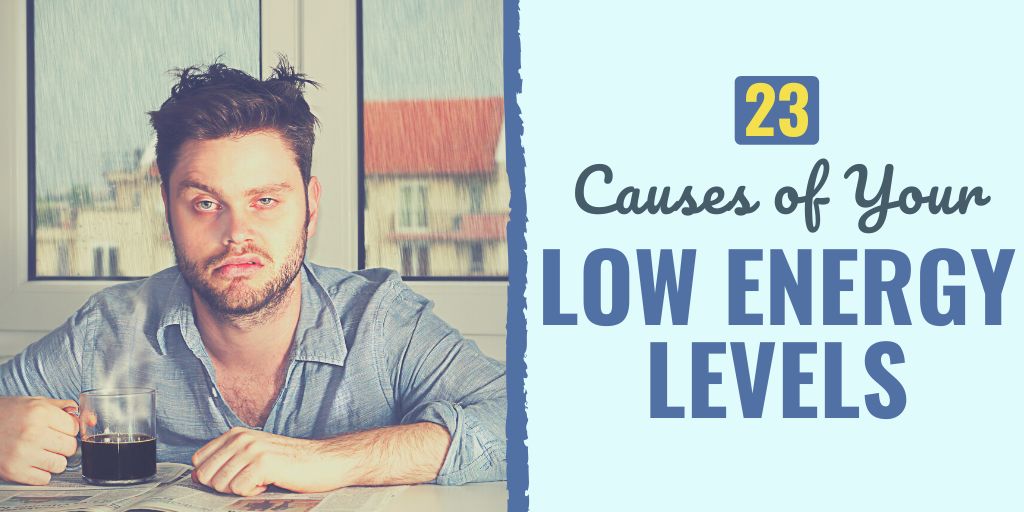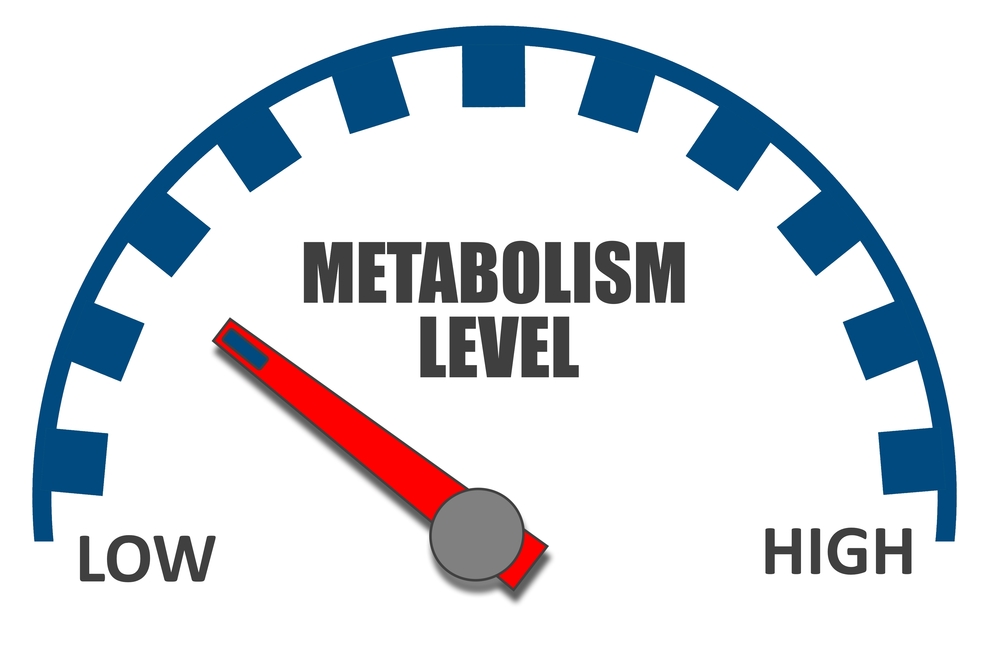Back pain
One of the main effects of sleeping on a bad mattress is back pain. When your mattress does not provide enough support for your spine, it can lead to discomfort and pain in your lower back. This can be especially problematic for those who already have existing back issues or injuries. The lack of proper support can also cause your muscles to tense up, leading to stiffness and soreness.
Neck pain
A bad mattress can also cause neck pain. Just like with back pain, the lack of proper support can lead to your neck muscles becoming strained and tense. This can lead to discomfort and pain, making it difficult to move your neck comfortably. This can also affect your sleep quality and make it harder to find a comfortable position to sleep in.
Shoulder pain
Another common effect of sleeping on a bad mattress is shoulder pain. When your mattress does not provide enough support for your shoulders, it can cause them to sink in and become misaligned with the rest of your body. This can lead to discomfort and pain in your shoulders, making it difficult to find a comfortable sleeping position.
Joint stiffness
As mentioned before, a bad mattress can cause your muscles to tense up, leading to stiffness and soreness. This can also affect your joints, especially in your hips, knees, and shoulders. The lack of proper support can cause these joints to become misaligned, leading to stiffness and discomfort.
Insomnia
A bad mattress can also contribute to insomnia. When you are sleeping on an uncomfortable mattress, it can be difficult to fall asleep and stay asleep. This can lead to restlessness and tossing and turning throughout the night, making it hard to get a good night's rest. Over time, this can lead to chronic insomnia and affect your overall health and well-being.
Restless sleep
In addition to insomnia, sleeping on a bad mattress can also lead to restless sleep. This means that even if you are able to fall asleep, you may not be able to stay asleep. The discomfort and lack of support can cause you to constantly shift and readjust throughout the night, leading to a disrupted sleep cycle and a lack of deep, restorative sleep.
Headaches
Believe it or not, a bad mattress can also contribute to headaches. When your body is not properly supported while you sleep, it can cause tension in your neck and shoulder muscles. This tension can then lead to headaches, making it difficult to concentrate and function during the day.
Muscle soreness
As mentioned before, the lack of proper support from a bad mattress can cause your muscles to tense up and become sore. This can not only affect your sleep quality, but it can also make it difficult to perform daily tasks and activities. Over time, this can lead to chronic muscle soreness and discomfort.
Poor posture
Another effect of sleeping on a bad mattress is poor posture. When your body is not properly supported while you sleep, it can cause your spine to become misaligned. This can then lead to poor posture, which can cause a whole host of problems, including back pain and joint issues.
Decreased energy levels
Lastly, sleeping on a bad mattress can also lead to decreased energy levels. When you are not getting enough quality sleep due to discomfort and pain, it can leave you feeling tired and drained throughout the day. This can affect your productivity, mood, and overall well-being.
In conclusion, sleeping on a bad mattress can have a variety of negative effects on your body and overall health. It is important to invest in a good quality mattress that provides proper support for your body to ensure a good night's rest and maintain your overall well-being.
The Negative Effects of Sleeping on a Bad Mattress

How Your Mattress Choice Can Impact Your Health and Wellbeing
 We all know the importance of a good night's sleep. It affects our energy levels, mood, and overall health and wellbeing. However, what many people don't realize is that the
quality
of our sleep is heavily influenced by the
quality
of our mattress. Sleeping on a bad mattress can have
serious
negative effects on our bodies and overall sleep experience.
We all know the importance of a good night's sleep. It affects our energy levels, mood, and overall health and wellbeing. However, what many people don't realize is that the
quality
of our sleep is heavily influenced by the
quality
of our mattress. Sleeping on a bad mattress can have
serious
negative effects on our bodies and overall sleep experience.
Back and Neck Pain
 A bad mattress can cause
strains
and
pain
in your back and neck. This is because the
lack
of proper support can
put
unnecessary
pressure
on your spine and
muscles
while you sleep. Over time, this can lead to
chronic
pain and
discomfort
, making it difficult to get a good night's rest.
A bad mattress can cause
strains
and
pain
in your back and neck. This is because the
lack
of proper support can
put
unnecessary
pressure
on your spine and
muscles
while you sleep. Over time, this can lead to
chronic
pain and
discomfort
, making it difficult to get a good night's rest.
Decreased Sleep Quality
 A comfortable and supportive mattress is essential for a good night's sleep. If you're tossing and turning all night trying to find a comfortable position, it's likely that your
slee
p quality will be
compromised
. This can lead to
fatigue
,
irritability
, and
difficulty
focusing during the day.
Research
has shown that those who sleep on
uncomfortable
mattresses experience
more
sleep disturbances and
less
deep
sleep, resulting in a
less
restorative
sleep experience.
A comfortable and supportive mattress is essential for a good night's sleep. If you're tossing and turning all night trying to find a comfortable position, it's likely that your
slee
p quality will be
compromised
. This can lead to
fatigue
,
irritability
, and
difficulty
focusing during the day.
Research
has shown that those who sleep on
uncomfortable
mattresses experience
more
sleep disturbances and
less
deep
sleep, resulting in a
less
restorative
sleep experience.
Allergies and Asthma
 A bad mattress can also be a breeding ground for
allergens
and
irritants
, such as dust mites and mold. These can
trigger
allergies and asthma attacks, making it difficult to breathe properly while you sleep. This can lead to
poor
sleep quality and
exacerbate
existing respiratory conditions.
A bad mattress can also be a breeding ground for
allergens
and
irritants
, such as dust mites and mold. These can
trigger
allergies and asthma attacks, making it difficult to breathe properly while you sleep. This can lead to
poor
sleep quality and
exacerbate
existing respiratory conditions.
Mental Health
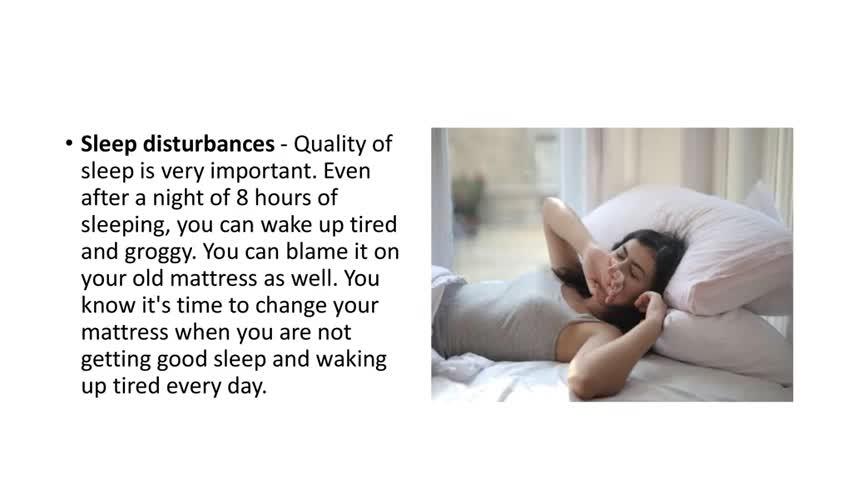 Poor sleep quality can also have a
significant
impact on our
mental
health. Lack of sleep can
increase
feelings of
anxiety
and
depression
, as well as
decrease
our ability to cope with stress. A bad mattress can make it difficult to get the recommended
7-9 hours
of sleep each night, leading to a
ripple
effect on our mental wellbeing.
Poor sleep quality can also have a
significant
impact on our
mental
health. Lack of sleep can
increase
feelings of
anxiety
and
depression
, as well as
decrease
our ability to cope with stress. A bad mattress can make it difficult to get the recommended
7-9 hours
of sleep each night, leading to a
ripple
effect on our mental wellbeing.
The Importance of Choosing the Right Mattress
 Investing in a good quality mattress is essential for our overall health and wellbeing. It's recommended to replace your mattress every
7-10 years
, as it can lose its
support
and
comfort
over time. When shopping for a new mattress, consider your
sleeping position
,
body weight
, and any
health
conditions you may have. Don't be afraid to
test
out different mattresses and seek
professional
advice to find the right fit for you.
In conclusion, sleeping on a bad mattress can have
serious
negative effects on our health and wellbeing. From back pain to allergies and mental health, our mattress choice plays a crucial role in our sleep experience. So don't underestimate the importance of a good mattress and invest in your health by choosing the right one for you.
Investing in a good quality mattress is essential for our overall health and wellbeing. It's recommended to replace your mattress every
7-10 years
, as it can lose its
support
and
comfort
over time. When shopping for a new mattress, consider your
sleeping position
,
body weight
, and any
health
conditions you may have. Don't be afraid to
test
out different mattresses and seek
professional
advice to find the right fit for you.
In conclusion, sleeping on a bad mattress can have
serious
negative effects on our health and wellbeing. From back pain to allergies and mental health, our mattress choice plays a crucial role in our sleep experience. So don't underestimate the importance of a good mattress and invest in your health by choosing the right one for you.







:max_bytes(150000):strip_icc()/backpainfinal-01-5c3ba0bf46e0fb0001b5b300.png)







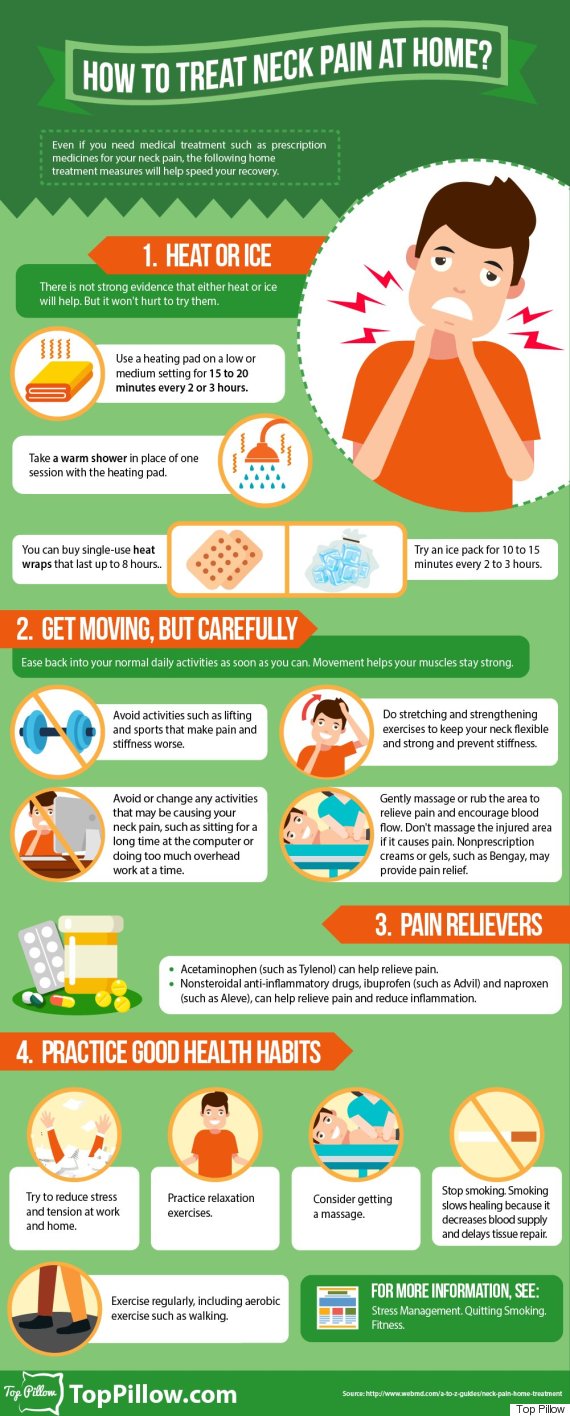



















:max_bytes(150000):strip_icc()/shoulder_pain_medreview-01-5c3b9f8546e0fb0001bdeaaa.png)






















